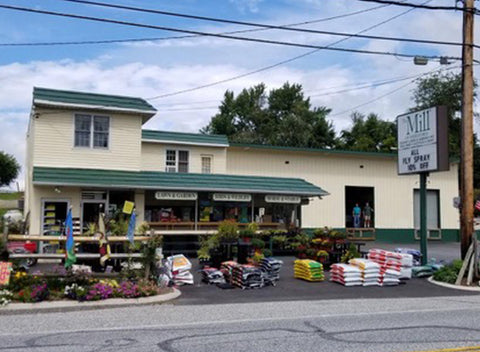Define a ‘Senior’ horse. What threshold must a horse cross to earn the title of ‘Senior’?
- Is it an age?
- Is it a state of mind?
- How about activity level?
As you think about all the senior horses you have known in your lifetime, can you put your finger on one solid definition that fully represents all the horses bearing the ‘Senior’ title?
It’s hard, isn’t it?
We’ve all known 17-year-olds that were sporting the sway back, were crippled, could only eat feed and mashes formulated for the geriatric and/or were just basically rendered useless in regard to a job and so were living out theirretirement as a pasture pet. On the flip side, we’ve all met and been astounded by those horses that were still competing and dominating in the athletic arena, looked like a million bucks, ate like a champ…but were 22 years old.
So…how DO you define a ‘Senior’ horse?
Just like us, there are so many factors that go into the aging process of a horse.- Genetics
- Injuries
- Use/Job
- Proper tack
- Equipment
- Shoeing
- Nutritional, medical and preventative care throughout their lives.
And, just like us, all these contributing factors play a major roll in how gracefully one ages.
Consequently, trying to define that one moving target threshold at which all horses can forever more be graced with the title of ‘Senior’ is unrealistic. A horse does not become ‘senior’ by reaching a specific age. They don’t become a senior when they decide to back off on their mischievous behavior or robust physical antics.
The simplest way to define or categorize a ‘senior’ horse is by their ability to utilize their feed.

As horses age, just like us, their bodies deteriorate.
1) Their teeth wear out, making proper chewing difficult.
2) Their digestive systems don’t break down the food as effectively causing them to miss out on utilizing adequate nutrients.
These are two major factors that can have a significant impact on the horse’s body condition.
When this happens, you may start to see a decrease in weight and rib coverage because they are not getting enough calories. Their hair coat can become dull. Their feet can fall apart, and they can start losing their topline. Enter sway back. This happens largely because they are either not getting enough nutrients and/or are not able to fully utilize the nutrients. This can include basic calories, protein/essential amino acids, and vitamins/minerals from their forage, feed and supplements.
The image you may have in your head right now of this horse seemingly succumbing to old age is probably the exact image that comes to mind when you think of ‘senior’ horses.
Age takes its toll on all of us, and as previously discussed, there are many factors that contribute to how quickly and/or how gracefully we all age. While there are several factors that are out of our control, the one thing we CAN do to help support our aged or senior horses is through nutrition.
Has your horse already been graced with the title of ‘senior’; or you are in earlier stages, hoping to preserve your aged horse from crossing that deterioration threshold?
Regardless of what stage your horse is in there are several things we can do nutritionally to help support them through the aging process. If you have any questions or would like some assistance in developing ways to better support your aged horse thru nutrition, please contact one of our Equine Experts. From various feed options, supplements, hay and hay alternatives we are here to help you find the options that will best suit your horse’s specific needs.


























